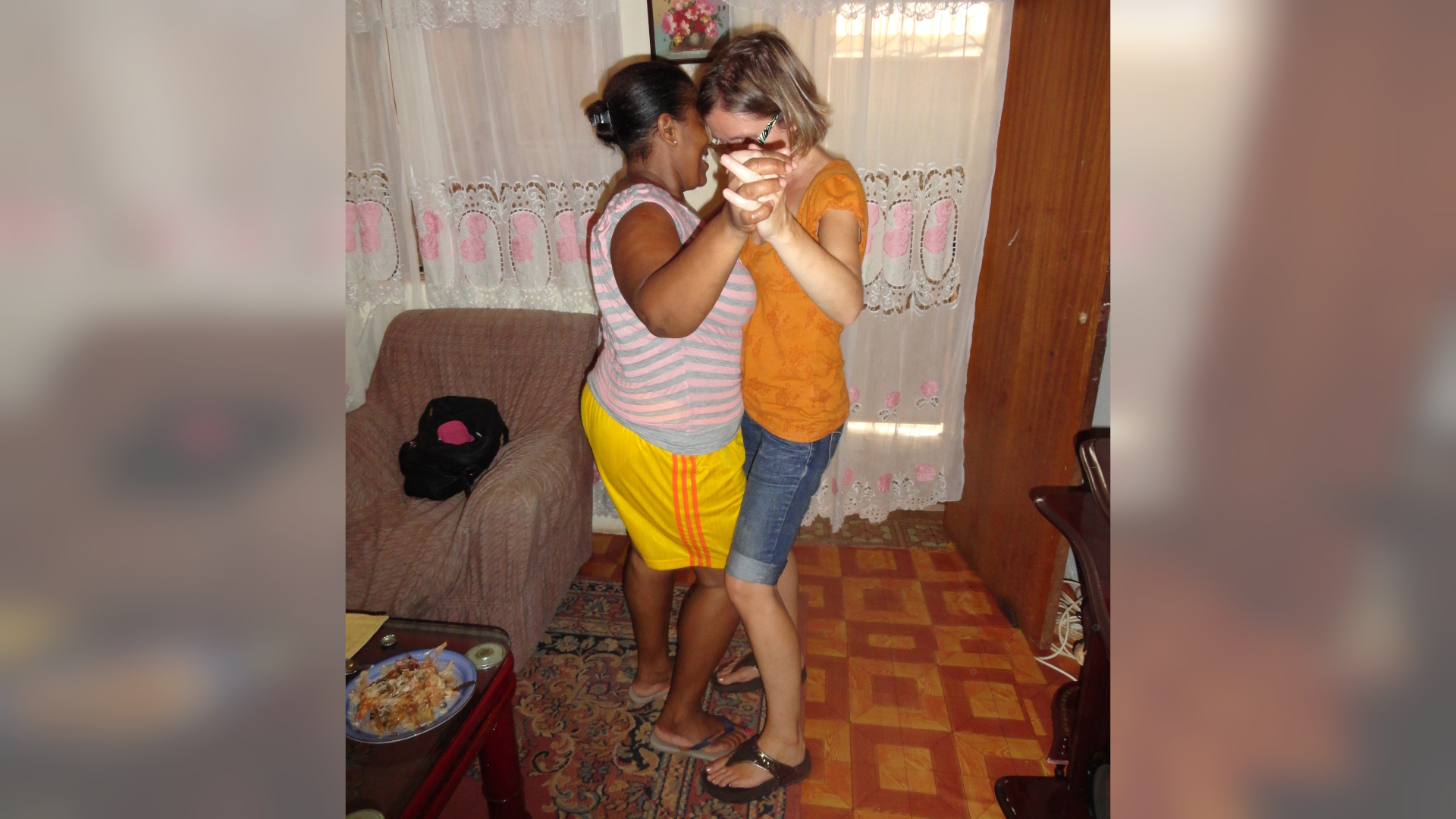
Published
Walking briskly down the corridor, the doctor recognizes me and stops to complain about a Cape Verdean immigrant patient whom I normally accompany in her medical appointments. The doctor exclaims, in exasperation, that her patient (who recently gave birth) refused the hormonal implant the doctor had prepared for her and was ready to insert into her arm, right there, in the middle of the appointment; even though she hadn't requested it.
The doctor ends her account with the question "Is this cultural or what?" In her search for an explanation, she throws the concept of 'culture' at me, inviting me to engage in cultural objectification and I am left holding it like a hot potato.
But isn't this the role I am meant to play? Who else should catch the hot potato if not an anthropologist, a kind of ambassador for culture? So why does this kind of 'cultural explanation' leave me feeling uneasy?
I realised that the doctor's understanding of culture is quite different to my own. She seemed to me to be stretching the meaning of culture. But perhaps this is something we all do. I decided to adopt the term 'stretched culture' to reflect upon the tensions that emerge, not only when different cultural beliefs and practices come into contact with each other (for example, when Portuguese neighbours call the police disturbed by the loud music of Cape Verdean parties), but more importantly, when different meanings of the concept of 'culture' are employed.
I cannot avoid talking about culture; however, I am also aware of how people can hold on to this concept and start to pull it into dubious directions whilst I am still holding on steadfast at the other end. Since I am not prepared to let go, the elastic starts to stretch and stretch and stretch. The concept begins to thin out, creating more and more tension until everything snaps. I am left with nothing, apart from maybe a hot potato and with nobody else to throw it back to, in that long hospital corridor where the doctor's question left me wordless and wondering "culture, what culture?"
I fear that I will be like the ambassador who, not very loyal to his or her nation, decides to resign.
Then, after being invited to celebrate the Day of Africa (25th May) to a social event with African food, drumming and dance, my doubts disappear – not into thin air – but into the electric atmosphere that envelops us all. I watch on in admiration of how the rhythmic beat ripples through the bodies of Cape Verdean women and marvel at their seemingly innate capacity to embody the beat. Is this some kind of pre-reflexive embodied cultural knowledge?
All I know is that despite my role as anthropologist, I daren't join in: what kind of a fool would do that? The dancing bodies of these women are not ambassadors of culture. They are culture. What is the point of me standing in the queue to apply for a visa that my awkward, wooden body would never qualify for? Might my body go 'snap'? Or am I underestimating its elastic potential? Why does my Angolan friend who has lived for many years in Portugal, tell me she no longer knows how to dance?
The meaning of 'stretched culture' can be stretched too far. The main problem with this choice of adjective is that it implies that there is a 'whole', 'authentic' culture which then becomes 'distorted', 'artificial' through being stretched. Yet we know, not least from the dancing bodies of these Cape Verdean women, that culture is reproduced through action. I also suspect that there is no all-encompassing adjective to adequately qualify culture.
Now what? We could talk about cultures in the plural. But still how can we understand this seeming paradox in which humans embody a culture, but also move between them? Van Binsbergen[1] offers a helpful solution by suggesting that we think in terms of 'partial cultural orientations' instead. He claims that all human beings find themselves at the intersection of various 'cultural orientations' which are not always systematically connected.
His comparison of how different notions of purity are activated according to the context provides a poignant example. Immunity to the soiled nappy that Van Binsbergen changes with loving care for his son, or stoical acceptance of a cockroach ridden environment and of rotten meat during fieldwork in Africa, contrast with his public display of anger when Van Binsbergen finds a hair in the soup of an expensive restaurant where he is entertaining an African guest.
The Cape Verdeans in Portugal in my research also find themselves at the intersection of a number of different 'cultural orientations', without feeling the need to integrate them in any kind of systematic way. Given the endless range of possibilities that exists, culture has no choice but to be relegated to second place. Instead of demanding an adjective, it is culture that must step out of the limelight and take on this role, subjecting itself to the multiple 'cultural orientations' of the social actors themselves.
Originally published on PopAnth.